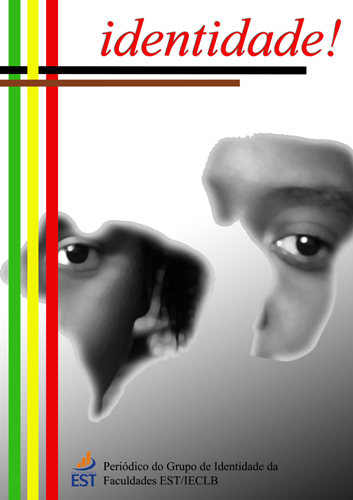EDUCAÇÃO DE JOVENS E ADULTOS NAS COMUNIDADES QUILOMBOLAS
IMPLICAÇÕES E VANTAGENS DA AQUISIÇÃO DO LETRAMENTO
Palavras-chave:
Educação de jovens e adultos, Educação escolar quilombola, Educação informalResumo
Este trabalho surge da pesquisa realizada pelo Programa de Extensão Universitária: “Formação Docente e Políticas Educacionais para Quilombos: Continuidades e Perspectivas”, financiado pelo MEC/SISU e executado pela Faculdade de Educação da Universidade Federal de Pelotas, em uma das atividades do referido programa, visitávamos as residências das comunidades existentes nos municípios de Canguçu, Pelotas, Piratini e São Lourenço do Sul, investigando o índice de escolaridade das pessoas, qual o motivo de terem interrompido os seus estudos, como se sentiam dentro da escola. Esta pesquisa ainda encontra se em andamento e como dados preliminares é possível citar que a maioria das pessoas acima de 60 anos não frequentou a escola, ou se frequentou, n ão ultrapassou as séries iniciais. Nas gerações atuais, as mulheres são as que menos tempo estiveram na escola e como principal motivo apontam a formação da família, e os homens a manutenção desta. Dentre as respostas variadas que recebemos, algumas se de stacaram, mostrando como as pessoas se educavam na informalidade como nos depoimentos das pessoas que aprenderam a ler enquanto prestava o serviço militar ou lendo a bíblia. É interessante para tanto analisar qual a relação que as pessoas fazem com a aquis ição do letramento e a aplicação em suas vidas; quais as mudanças que ocorreram na vida delas após conseguirem decifrar o código escrito. Para ter sentido, é preciso que seja um processo interativo, onde a escola trabalhe com o contexto do educando, suas h istórias e intervenções destes estudantes que podem contribuir, fazendo algum sentido para eles.
Downloads
Publicado
Como Citar
Edição
Seção
Licença

Este trabalho está licenciado sob uma licença Creative Commons Attribution-NonCommercial-NoDerivatives 4.0 International License.


